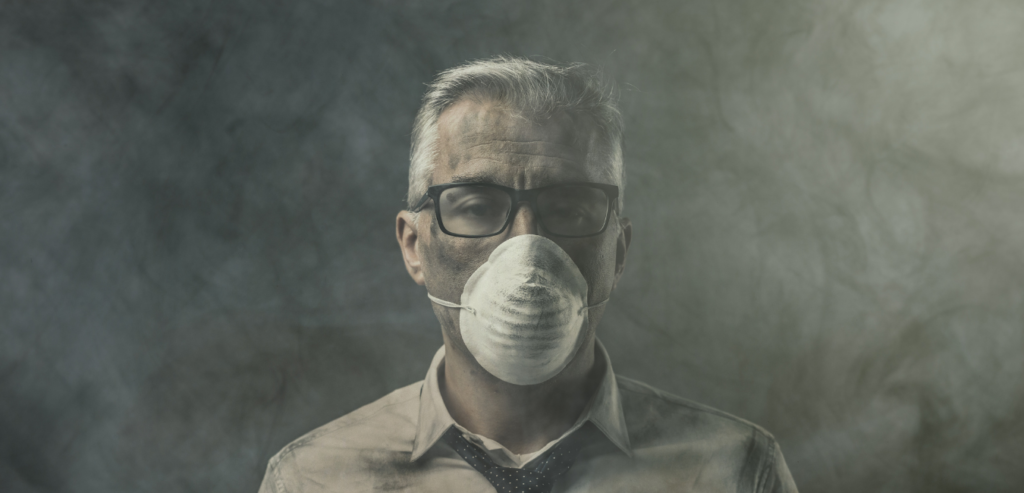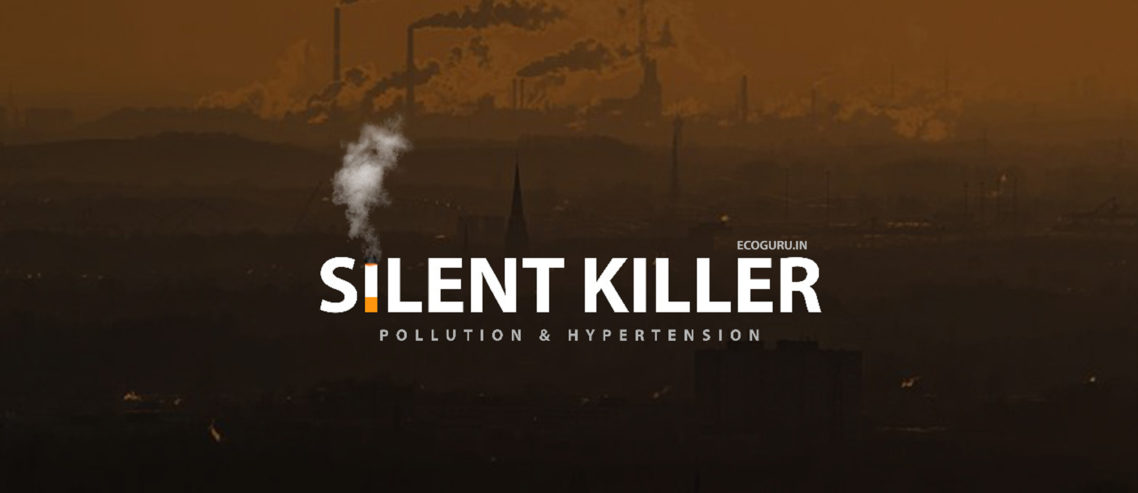Can Environment Make Your Blood Pressure Soar?
Also known as hypertension, high blood pressure can be defined as a condition where the force with which the blood pushes against the walls of your blood vessels is too high consistently.
A person is said to suffer from high blood pressure if systolic blood pressure is higher than 140 mm of mercury and/or diastolic blood pressure is more than 90mm of mercury. There are multiple factors that contribute to this condition including heredity, stress, wrong diet, and environmental factors.
High blood pressure harms the body by increasing the workload of the heart and blood vessels and can eventually lead to stroke, heart attack, or arrhythmia.
It is given the name ‘silent killer’ because sometimes a person might not feel that anything is wrong with them and it quietly continues to damage your health. Therefore, it is advised to get your blood pressure checked at regular intervals and take precautionary measures.
In this article, you find details about the link between environmental factors and hypertension.
Environment And Hypertension
Among many other factors that can lead to high blood pressure one of the prominent factors is the surrounding environment. Your environment can be the reason that your blood pressure is soaring.
Multiple factors like air and sound pollution contribute to increasing levels of blood pressure. A study has found that long-term exposure to air pollutants is linked to hypertension. Researchers suggest that people should limit their time outdoors to avoid the problem from aggravating.
The study, the largest in the world to investigate the effects of long-term and short-term exposure to air pollution, suggested that the risk was similar to that of being overweight with a body mass index between 25 and 30.
It also asserted that people living in more polluted areas were affected more as compared to those living in less polluted areas. That means a person living in Delhi is gonna suffer from multiple health ailments compared to a same-aged person living in mountain state like Himachal.
Sulfur Dioxide, Nitrogen Oxide, And PM Are The Main Culprits

Mainly Sulfur dioxide (SO2), Nitrogen Oxide (NO2), and particulate matter (PM) in the air are responsible for hypertension. SO2 is released during the combustion of fossil fuels, NO2 comes from vehicle exhaust and fossil fuel burning in power plants, and PM is in the air.
PM includes dust, dirt, smoke, and liquid droplets. The most common and dangerous is PM2.5, which is even smaller than a speck of dust. It was found that exposure to these pollutants led to inflammation and oxidative stress, which caused the change in the arteries.
Here you can read about other effects of air pollution on your health.
Chronic Noise

A clear link has also been found between exposure to chronic traffic noise and hypertension. People living in neighborhoods with average daily noise levels of 65 decibels are six percent more likely to develop this condition as compared to those living on streets with lesser noise. The main reason for this noise is found to be traffic. Noise is believed to affect the nervous and hormonal systems, which then lead to high blood pressure.
The Bottom Line
To avoid hypertension from occurring or aggravating, it is suggested that along with the other preventive measures like healthy diet and exercise, it is also important to keep a check on the environment.
You can use air purifiers to keep the indoor air clean and make your homes soundproof. Use a mask when going out in pollution. Further, plant more trees to decrease the effects in the long run.
You should limit your exposure to the high sound areas and limit your exposure to high volume music that can be more dangerous in long run.
Read more about the effect of the environment on your health here.


Comments
2 Comments
[…] High blood pressure or hypertension is also among the leading causes of death across the world. In many cases, it can result in either stroke or cardiac issues. Among the other causes of this disease is also a bad environment. Read More here. […]
[…] High blood pressure or hypertension is also among the leading causes of death across the world. In many cases, it can result in either stroke or cardiac issues. Among the other causes of this disease is also a bad environment. Read More here. […]
Comments for this post are closed.